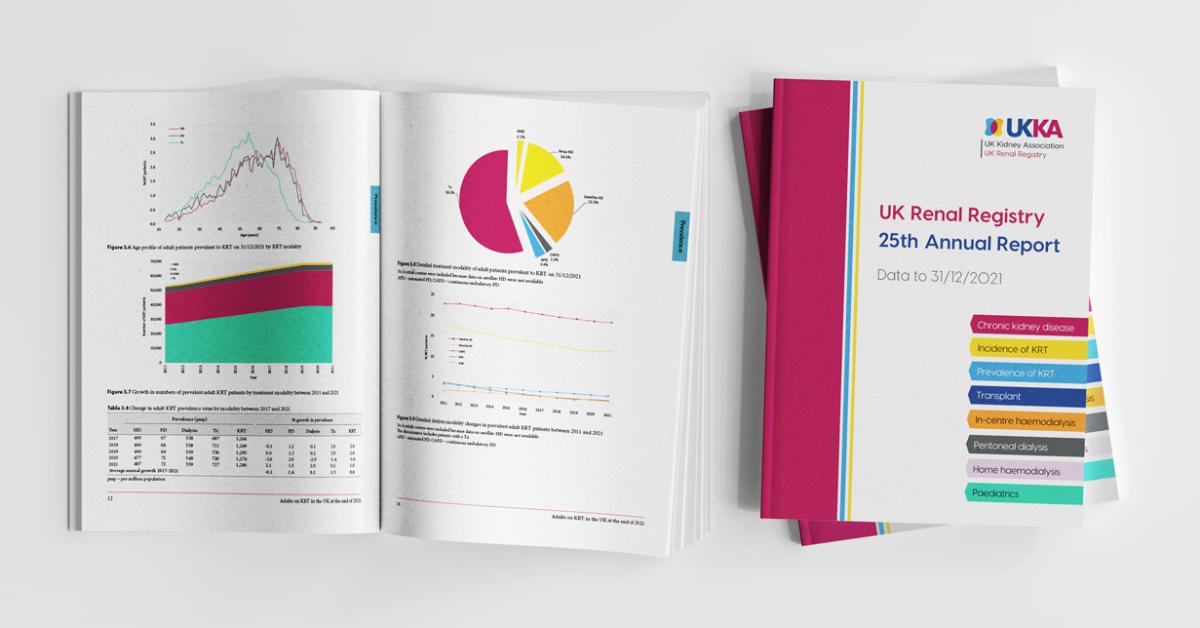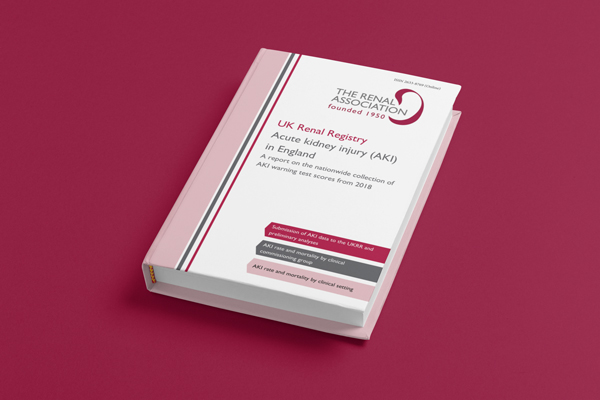The EMPA-KIDNEY randomised trial is comparing empagliflozin 10 mg once daily versus matching placebo in around 6,000 participants with established chronic kidney disease (CKD) with or without diagnosed diabetes mellitus. Just over 1,000 participants have been recruited from the UK from about 50 mainly nephrology sites. Inclusion criteria are an eGFRs 20-45, or 45-90 mL/min/1.73m2 with at least 200 mg/g of albuminuria. Mean eGFR in the first about 5,000 randomised participants worldwide is 37 mL/min/1.73m2, and over 80% have an eGFR <45 mL/min/1.73m2.
A post-trial observational study following surviving participants once they have completed the trial enables assessment of whether any reductions in the risk of a sustained decline in eGFR during the treatment phase translate into long-term benefits on the clinically more important outcome of end-stage kidney disease (ESKD) or cardiovascular death, or indeed, if effects regress. Such post-trial follow-up has been invaluable in assessing the long-term effects of simvastatin on mortality, and has suggested that intensive glucose-lowering may impart a legacy effect on risk of ESKD (i.e. effects that persist after study treatment is discontinued). Long-term data from EMPA-KIDNEY would be particularly invaluable for direct assessments of health economic value, as dialysis and kidney transplantation are expensive and empagliflozin has the potential to substantially delay and perhaps even prevent development of ESKD, as well as reduce mortality.
We would like to flag EMPA-KIDNEY participants with the UKRR for the fact and date of starting maintenance dialysis or receipt of a kidney transplantation, and with the creatinine data (e.g. that held by the PatientView or other databases). Our aim would to be established successful flagging and data transfers during the within trial period, so the data collection can continue seamlessly into the post-trial period, long-term, and at least until end 2025. Such data would also be helpful to minimize loss to follow-up for UK participants.
Follow-up through the UKRR would be a highly efficient method to make post-trial follow-up feasible. It would also reduce the burden on local clinical teams reporting data and reduce any need for direct follow-up of participants by telephone (or mail or web).



